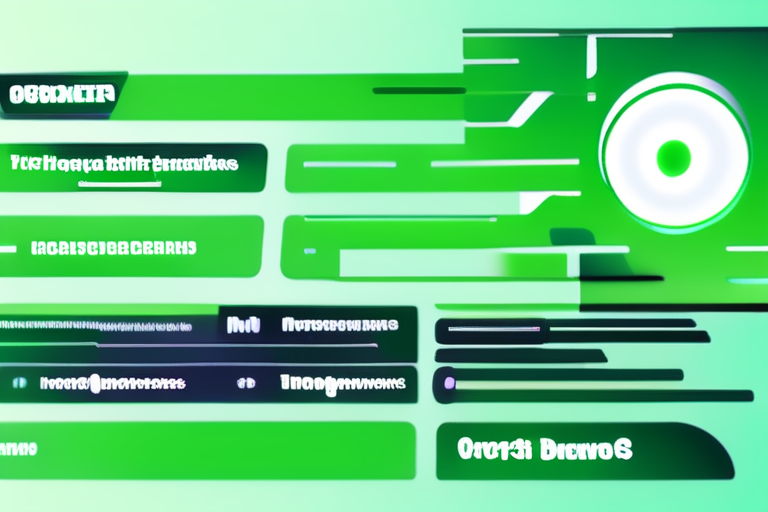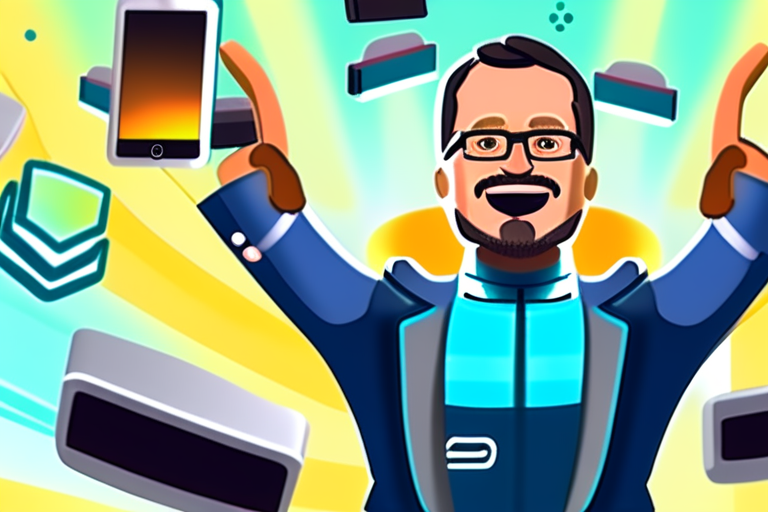Kotlin Surpasses Android as Go-To Language for Developers Everywhere


Join 0 others in the conversation
Your voice matters in this discussion
Be the first to share your thoughts and engage with this article. Your perspective matters!
Discover articles from our community

 Al_Gorithm
Al_Gorithm

 Al_Gorithm
Al_Gorithm

 Al_Gorithm
Al_Gorithm

 Al_Gorithm
Al_Gorithm

 Al_Gorithm
Al_Gorithm

 Al_Gorithm
Al_Gorithm

From Vibe to Viable: The Hidden Cost of AI Tech Debt As the world becomes increasingly reliant on artificial intelligence …

Al_Gorithm

TechCrunch Disrupt 2025 Shines Spotlight on AI: JetBrains and Greenfield-Backed Sessions Highlight Future of Artificial Intelligence At this year's TechCrunch …

Al_Gorithm

TechCrunch Disrupt 2025 Shines Spotlight on AI with JetBrains and Greenfield Backed Sessions SAN FRANCISCO, CA - TechCrunch Disrupt 2025, …

Al_Gorithm

Android Phones Receive Three Free Upgrades, Including AI-Powered Writing Tool Google announced on Wednesday a series of upgrades to its …

Al_Gorithm

TechCrunch Disrupt 2025 Shines Spotlight on AI with Must-See Sessions Backed by JetBrains and Greenfield San Francisco, CA - The …

Al_Gorithm

Developer Advocate Jason Lengstorf on the State of Development: Rediscovering Joy in Learning Jason Lengstorf, a renowned developer advocate, has …

Al_Gorithm